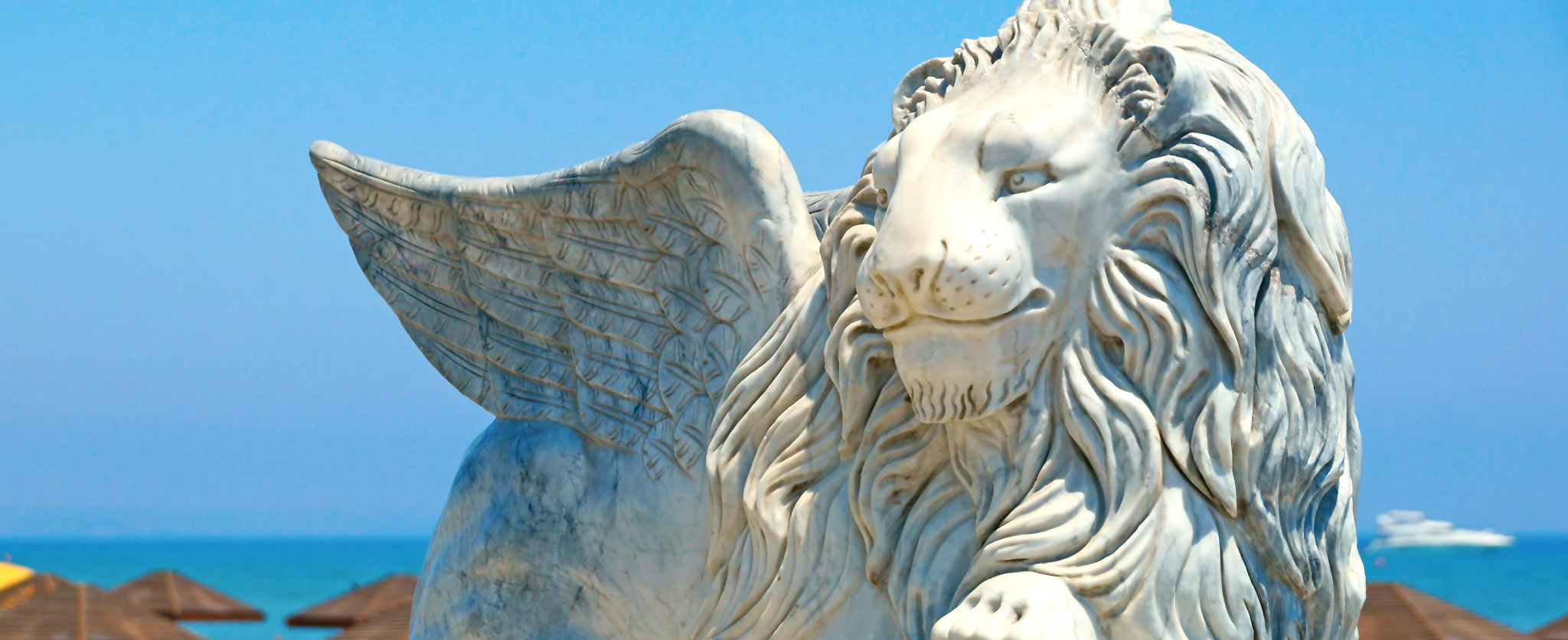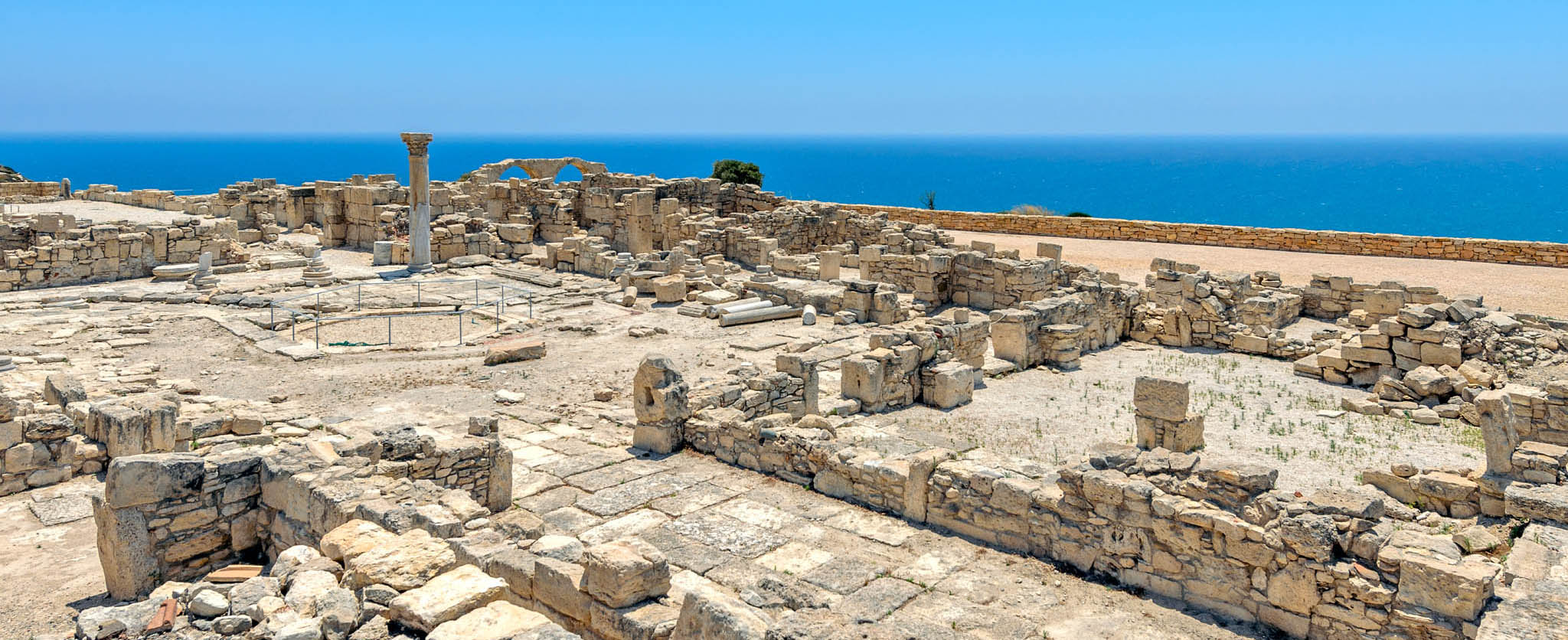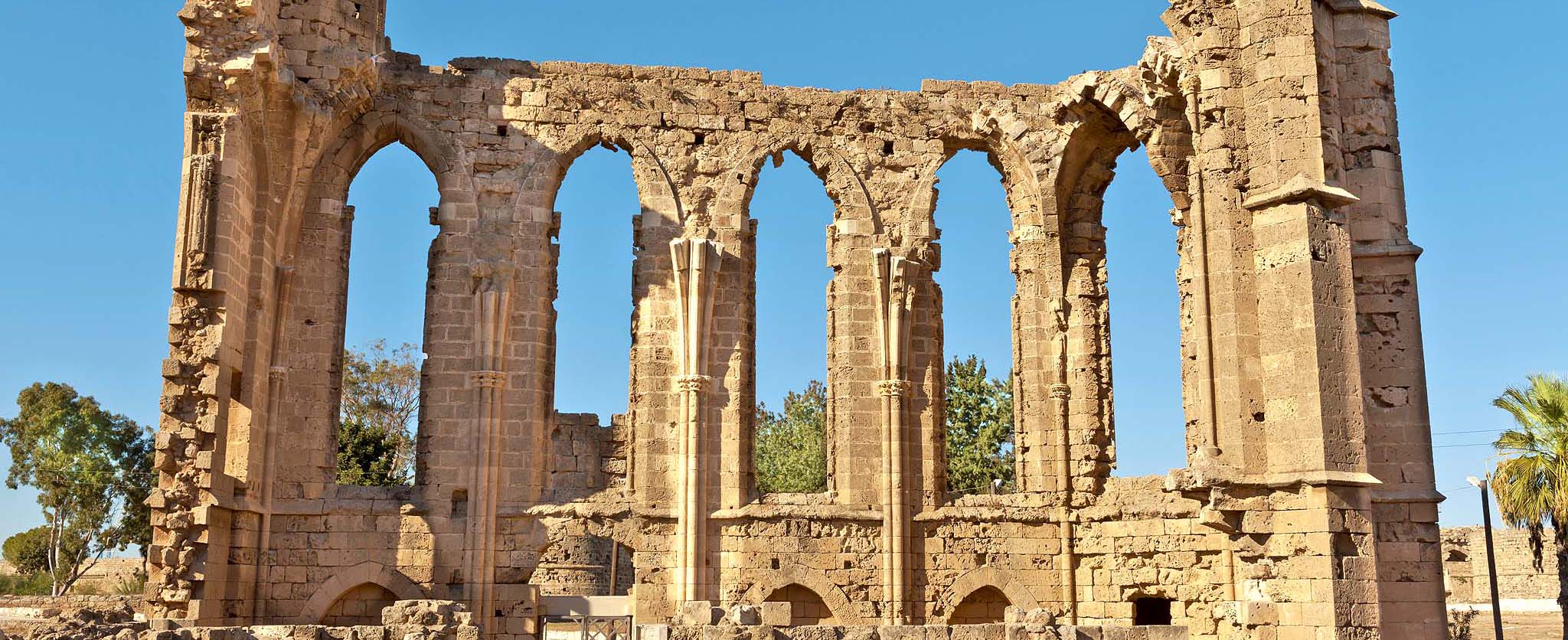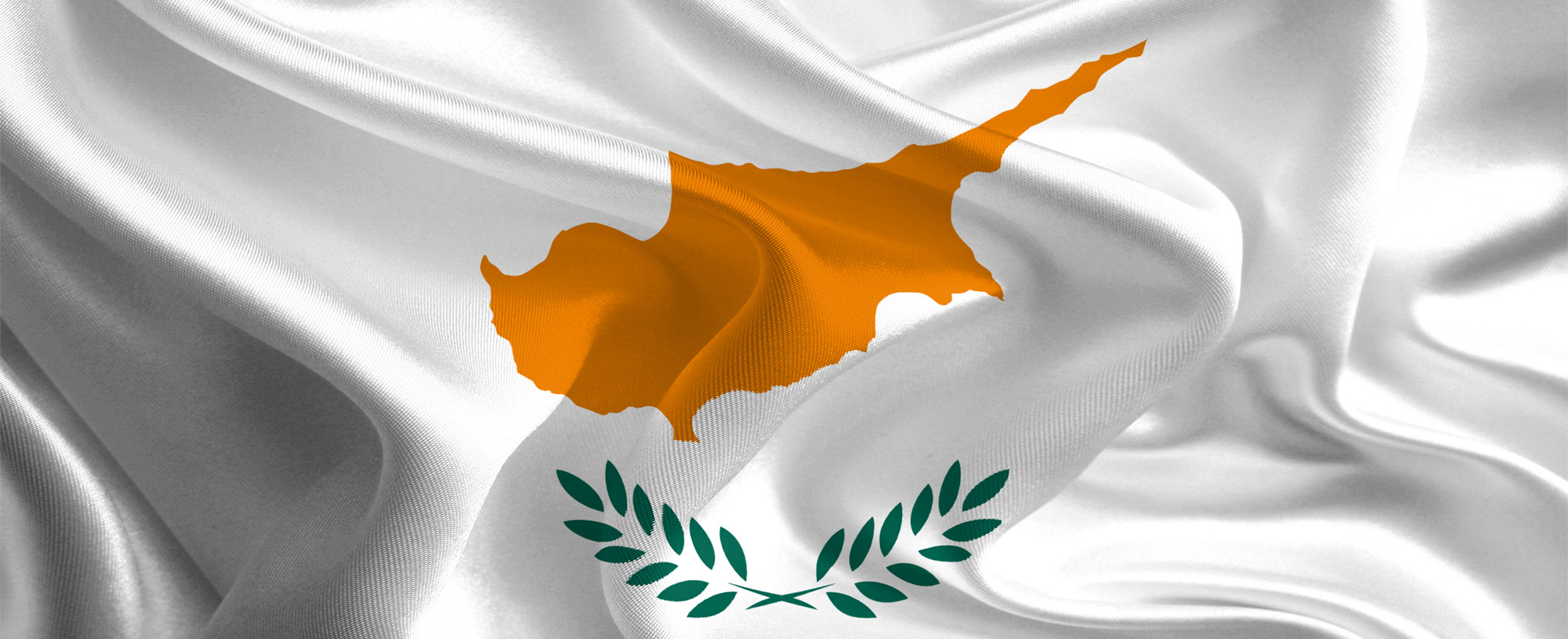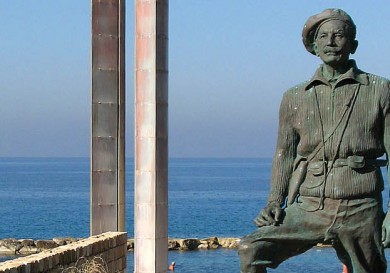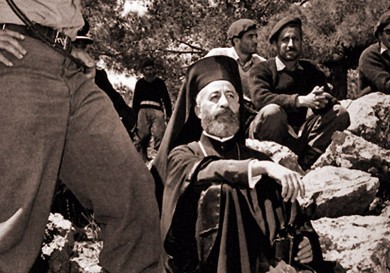Almost for a hundred years (from 1489 to 1571) Cyprus remained a part of Venice. The Ottoman threat forced the Venetians to improve the defense of the island. In the island’s capital Nicosia, the Venetians destroyed the old French walls and reduced the area of the city for a more effective defense. The entrance to the city was limited to three gates: the Kyrenia Gate, the Paphos Gate and the Famagusta Gate.
Under the Turkish rule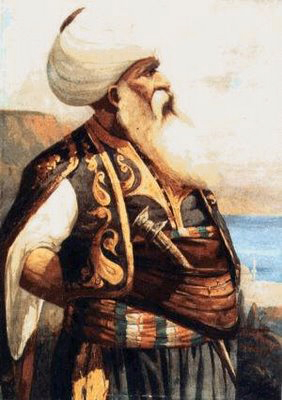
The new bastions of the Venetians, however, could not protect Cyprus from the attack of the Ottoman Empire. In 1570 the Turkish troops landed in Cyprus, Nicosia was occupied and about 20 000 inhabitants were killed. The siege of Famagusta continued for the whole following year.
Despite the dedicated defense, in 1571 the city in Cyprus was handed over to the Turkish pasha Mustafa Lale, who, even though promised to free all the defenders from the fortress, then gave the order to brutally deal with the garrison commander Mark Antony Vragadinom. He himself and other brave soldiers were subjected to cruel tortures.
The Latin clergy was either banished from the territory of the island or converted to Islam, but the Orthodox Church maintained its position, and the supreme power of the Ottoman representative recognized the Archbishop of the Greek people, who professed the orthodox faith. The principle of the dragonman was introduced, which was the link between the Greek people and the Turkish authorities of the island.
 The duties of a dragoman included census of the property of the Greeks, the calculation and collection of taxes. The most famous dragoman of Cyprus was Hadjigeorgakis Cornes. With the economic opportunities he had and the political power, he largely helped the Greeks. As a result of the conspiracy of his political opponents Cornes was beheaded in Constantinople.
The duties of a dragoman included census of the property of the Greeks, the calculation and collection of taxes. The most famous dragoman of Cyprus was Hadjigeorgakis Cornes. With the economic opportunities he had and the political power, he largely helped the Greeks. As a result of the conspiracy of his political opponents Cornes was beheaded in Constantinople.
In 1821, at the beginning of the revolution in Greece, in Cyprus the Archbishop Kiprian and other Orthodox clergy, as well as hundreds of civilians were killed (July 9th, 1821). Many Christian churches were converted into mosques (St. Sophia in Nicosia, St. Nicholas in Famagusta, and others).
Public baths (hammams) and inns were also built during this period, asa well as the only road that connected Larnaca to Nicosia.
The English rule
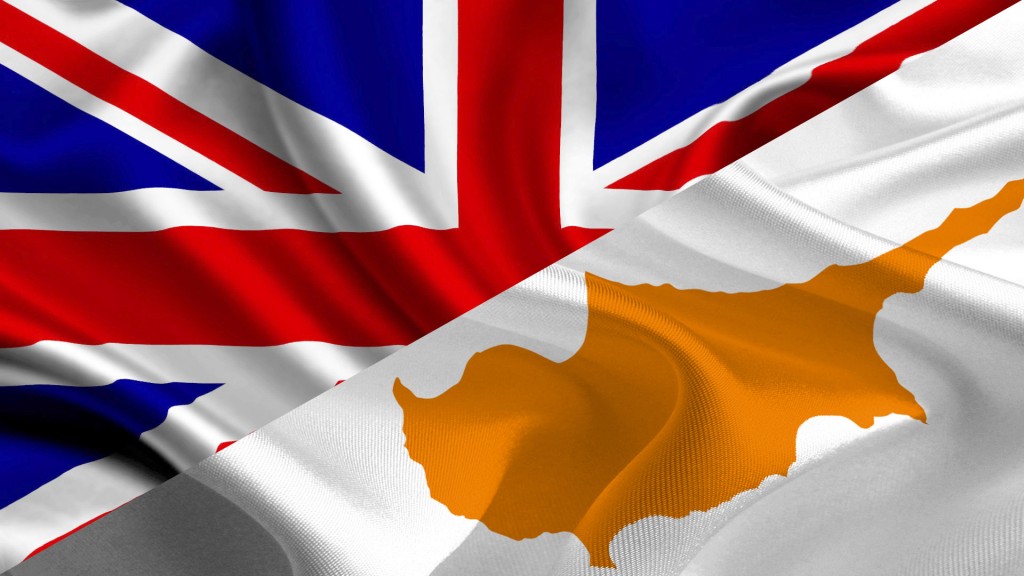 In 1878, after an agreement with the Ottoman Empire, the UK takes control of Cyprus. Officially, Cyprus was part of the Ottoman Empire until 1914. The British believed it to be their colony-island, since the Ottoman Empire was involved in World War I on the side of Germany. The residents of Cyprus gladly accepted the transfer of power into the hands of the British. They believed that in the future, England would give the island Greece’s flag, as happened in 1864 with the Eptanisa (Ionian Islands).
In 1878, after an agreement with the Ottoman Empire, the UK takes control of Cyprus. Officially, Cyprus was part of the Ottoman Empire until 1914. The British believed it to be their colony-island, since the Ottoman Empire was involved in World War I on the side of Germany. The residents of Cyprus gladly accepted the transfer of power into the hands of the British. They believed that in the future, England would give the island Greece’s flag, as happened in 1864 with the Eptanisa (Ionian Islands).
In 1923, Turkey signed an agreement in Lausanne, under which it renounced all rights over the Cyprus government, and in 1925 the island became a British colony. With the arrival of the British, a radical change in the system of management began and formed the basis for the creation of the public services system. Updating the court system, an incorruptible legal system was introduced and the position of judicial officials was strengthened. Thus, the abuse of power and self-government bodies, which was a massive disaster in the years of the Turkish rule, came to an end.
During World War II, Cypriot volunteers fought in Greece, as well as participated in the battles as part of British forces. After the war however, the United Kingdom refused to give Cyprus the right of self-determination, which was given to other countries.
The battle for independence
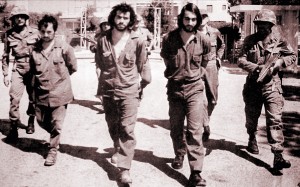 After the exhaustion of all peaceful and political ways of settlement of the conflict in 1955, an armed movement of the Liberators of the National Cyprus (EOKA) started. In response, the British had taken special measures. The prisons quickly filled with political prisoners, which were subject to cruel tortures and led to the gallows, paying with their lives their love for their motherland.
After the exhaustion of all peaceful and political ways of settlement of the conflict in 1955, an armed movement of the Liberators of the National Cyprus (EOKA) started. In response, the British had taken special measures. The prisons quickly filled with political prisoners, which were subject to cruel tortures and led to the gallows, paying with their lives their love for their motherland.
At the beginning of the liberation movement in 1955, Britain invites Greece and Turkey on a three-day meeting concering the political situation on the island. The meeting did not bring the desired results.
This was followed by a series of Greek-Turkish negotiations,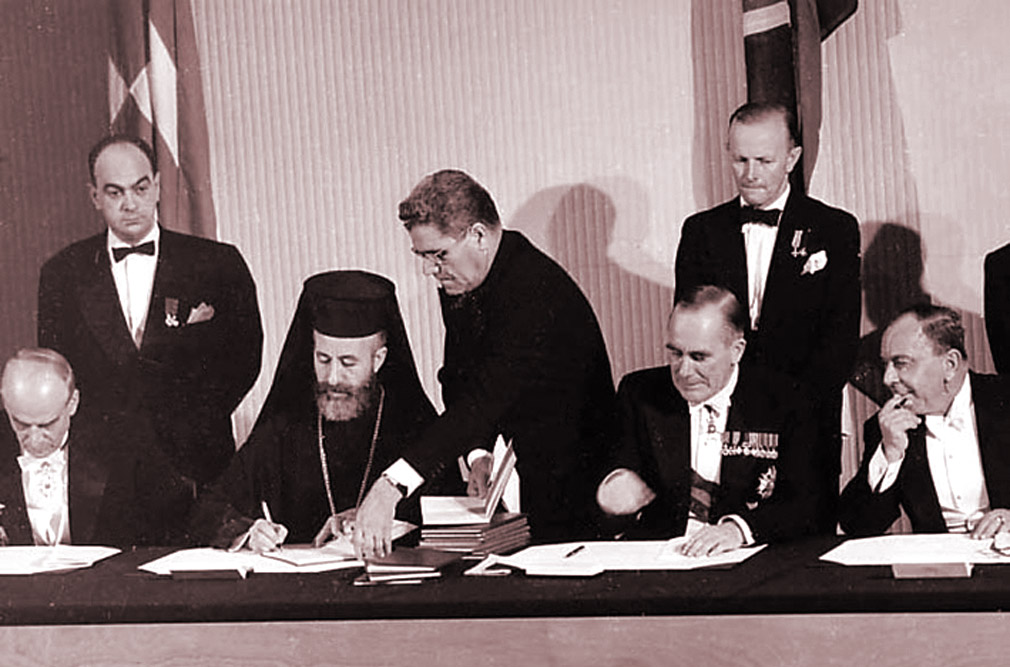 which created the Tready of the Republic of Cyprus, the termination of the contract of the Zurich – London in 1959 and the establisment of the Republic of Cyprus in 1960.
which created the Tready of the Republic of Cyprus, the termination of the contract of the Zurich – London in 1959 and the establisment of the Republic of Cyprus in 1960.
Under this treaty, in August 16th, 1960 Cyprus was proclaimed an independent republic. Cyprus has also become a member of the United Nations, the European Union and the Movement of Independent States. According to the agreement of Zurich – London, the United Kingdom retains two military bases with a total area of 158.4 km in the area of Dhekelia and Akrotiri – Episkopi in Cyprus.
Since then, the beginning of the island’s new history as an independent state was ignited, in which many difficult moments were yet to come. But even in the most difficult times the islanders managed to retain their culture, religion, love for the island and inexhaustible vitality.




